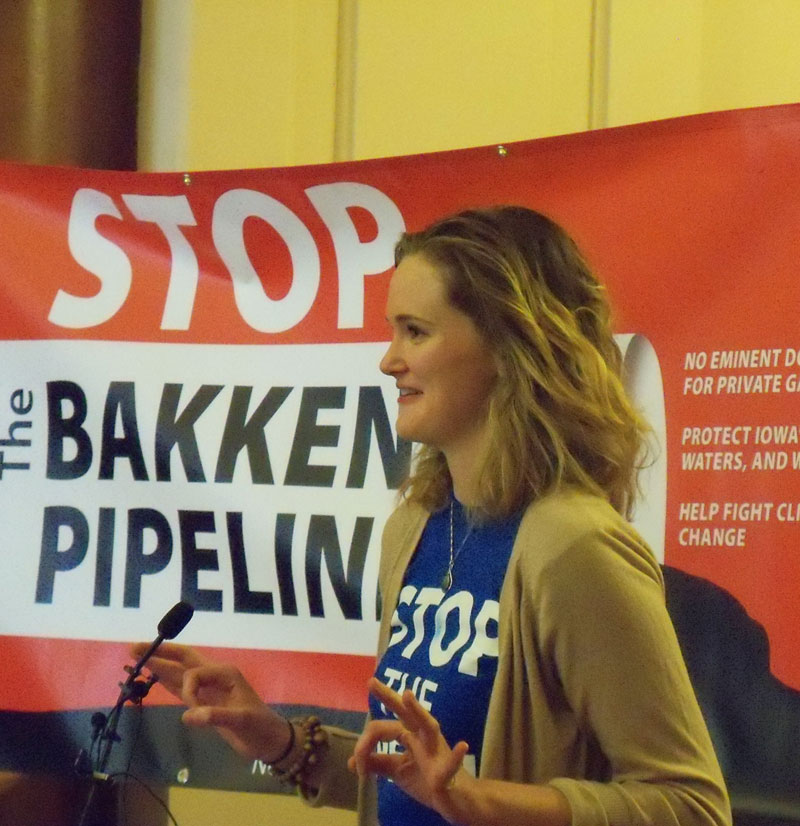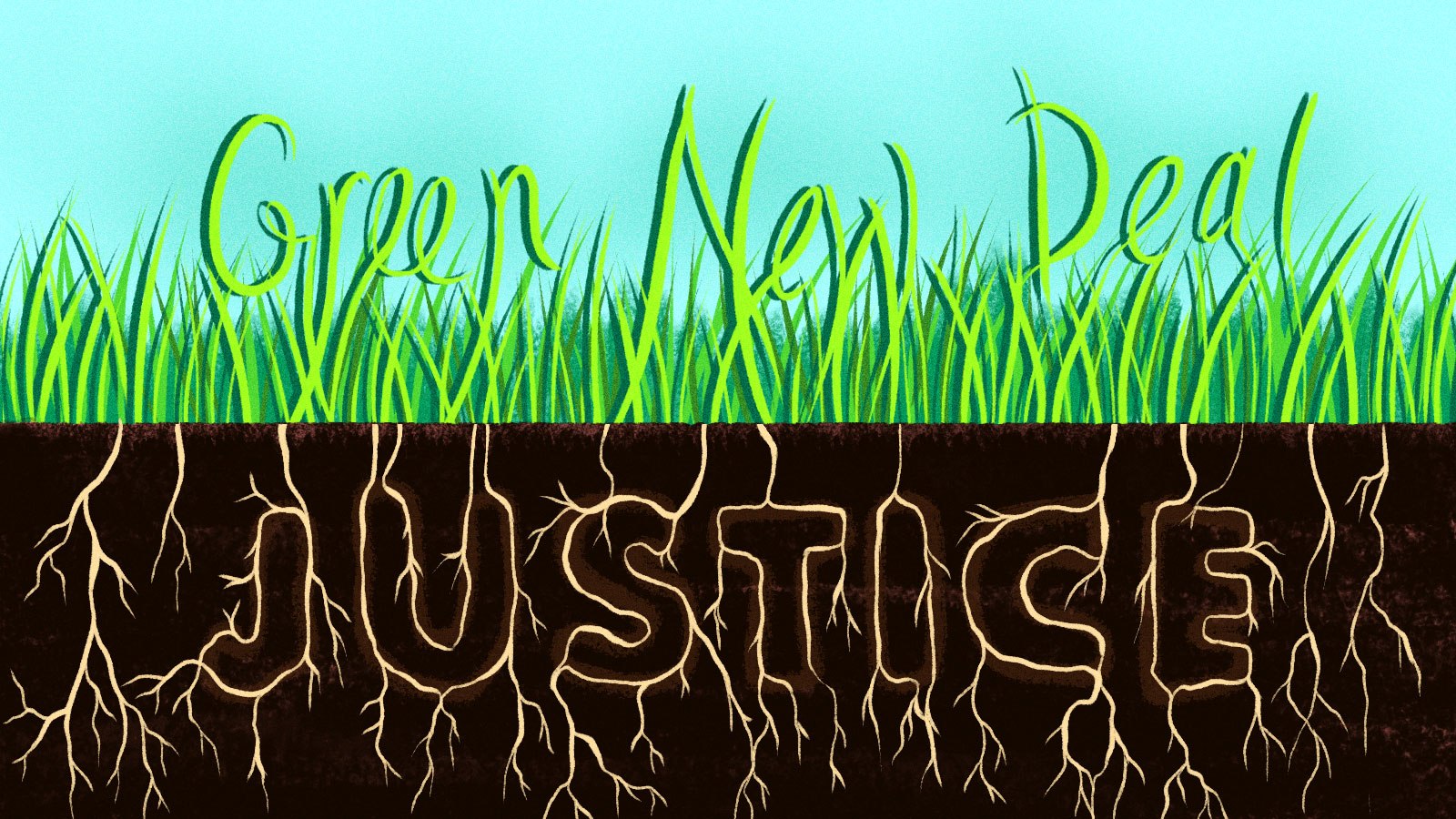 By Ahna Kruzic, Communications Director of Pesticides Action Network North America
By Ahna Kruzic, Communications Director of Pesticides Action Network North America
Original post
Globally, today’s food and agriculture systems are responsible for more climate change-contributing emissions than the world’s cars, trucks, planes, and trains combined. At the same time, we’re confronted with evidence that climate change is wreaking havoc on agricultural production—and unraveling systems of the natural world that have evolved over millennia to create a habitable planet.
The Green New Deal, a non-binding resolution that calls for dramatic shifts in our economy to carbon-neutralize the U.S. by 2030, highlights “working collaboratively with farmers and ranchers in the United States to eliminate pollution and greenhouse gas emissions from the agriculture sector.” This is a very good idea.
Agriculture & the Climate Crisis
It’s clear that to address climate change we need to end chemical-intensive agriculture. At PAN, we support a just transition to food and agriculture systems that puts power back in the hands of the farmers, workers, and communities growing food. The Green New Deal could be one way to help us accomplish this.
Much of agriculture’s contribution to climate change is from industrial farming’s reliance on fossil fuel-based inputs. Deforestation and conversion of grassland to commodity crop production reduces acres of diverse, carbon-sequestering ecosystems globally, and reliance on petrochemical inputs for mono-crop production is on the rise. This includes synthetic nitrogen fertilizers and pesticides derived from petroleum-based hydrocarbons.
With a changing climate, scientists predict increased stress for farmers in the form of hardier pests and weeds—in addition to facing droughts, fires, and floods. Relying on an outdated, petrochemical-based system to combat intensifying pest and weed pressure will only worsen the problem, especially as three chemical companies now control the majority of the global seed market.
This leaves farmers with fewer, more expensive options as profits leave the farm and collect in corporate boardrooms. Something’s got to change.
 A Just Transition
A Just Transition
Without a transition to agroecological farming, the pesticide treadmill (fueled by weed and insect resistance) could kick into overdrive as farmers struggle to manage pests in a changing climate. Continued reliance on chemical solutions would not only exacerbate the climate crisis, but also exacerbate the health risk facing farmers, workers and rural communities.
So how do we work collaboratively with farmers to eliminate greenhouse gas emissions as the Green New Deal suggests? We must ensure that any future binding law-making centers the solutions posed by farmers, workers, and their communities:
Let’s talk about jobs for all, parity pricing for farmers, planning and organizing of agricultural production, allocation of resources in an environmentally sound and just way. And we can’t just rely on politicians; we’ve got to utilize the conversation around the Green New Deal to articulate the future we want, and demand the binding policies that will help get us there.
—Patti and George Naylor, Iowa farmers
People across the U.S. have been calling for just food and agriculture systems that work with and for our environments and communities for decades. From Indigenous communities advocating for land and tribal sovereignty protecting traditional agricultural practices, to family farmers calling for parity pricing and supply management to ensure farmers make a living wage—the solutions are right in front of us.
We will continue to support and advocate for the proven solutions being promoted by those most impacted by chemical-intensive agriculture. And we’re hopeful the Green New Deal can be a powerful tool as we work toward a climate-just future.
In April, PAN and the National Family Farm Coalition hosted an online forum featuring farmers sharing their perspectives on the Green New Deal. Speakers included Iowa farmer Patti Naylor, Dr. Gail Myers of Farms to Grow, Inc., and Alaska farmer and fisherman Carl Wassilie. To see a recording of the forum, visit www.panna.org/GND.
Related Posts:
Choosing a Sustainable Future: Agroecology at COP24